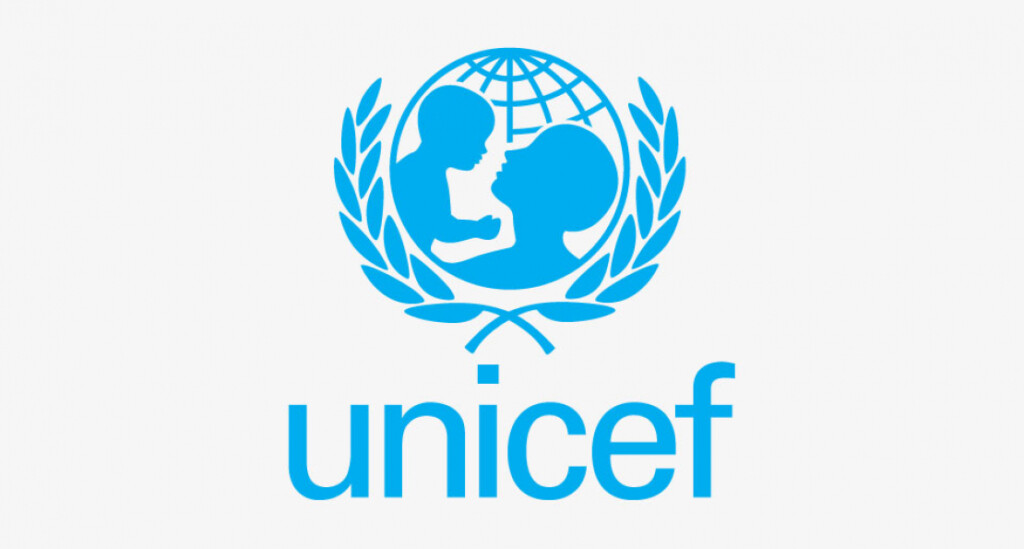The United Nations (UN) has reaffirmed its commitment to partnering with the Malala Fund to champion the right to education and tackle barriers that keep millions of children—particularly girls—out of school.
During a high-level engagement in Abuja with Malala Fund co-founder Malala Yousafzai, her executive team, and board members, the UN Resident and Humanitarian Coordinator in Nigeria, Mohamed Malick Fall, restated the global body’s dedication to promoting inclusive and equitable learning opportunities for all.
“The UN reaffirms its support to the Malala Fund in advancing the right of the girl-child to quality education and breaking barriers to access,” Fall said, adding, “No child should be left behind.”
Fall, who led a delegation comprising representatives from UNICEF, UNESCO, UNDP, UNFPA, and UN Women, emphasized that meaningful social transformation depends on strong investment in human capital, especially through girl-child education and women’s empowerment.
He highlighted insecurity, economic hardship, climate change, and entrenched cultural practices as major obstacles to education in Nigeria, while calling for greater action on gender equality and social cohesion to achieve sustainable development.
Malala, who arrived in Abuja on September 26 for the Malala Fund’s annual Board of Directors’ meeting, stressed Nigeria’s central role in the organisation’s 2025–2030 global strategy.
“Nigeria is a priority country for the Malala Fund. Since 2014, we have invested over $8 million in local organisations working to remove barriers that keep girls out of school,” she noted.
She outlined the Fund’s priorities in Nigeria, which include supporting married and pregnant girls to return to school, increasing education financing with a focus on girls, and positioning education as a policy tool to end child marriage.
Malala Fund Nigeria’s Chief Executive Officer, Nabila Aguele, reaffirmed the organisation’s goal of ensuring all girls in the country complete 12 years of schooling.
Meanwhile, UNICEF has renewed its commitment to addressing the growing out-of-school population in Sokoto State. The agency pledged closer collaboration with traditional leaders and School-Based Management Committees (SBMCs) to boost enrolment and retention.
During a visit to SKS Model Primary School, Yabo, UNICEF Country Representative Wafa Said praised the school community’s efforts but expressed concern that many children still wander the streets instead of attending classes.
Representatives of Yabo’s traditional leadership cited poverty and low parental awareness as drivers of the challenge. SBMC Chairman Maiasua Dan Sheu added that while progress has been made in re-enrolling children, ensuring their progression to higher education remains difficult.
Religious leaders, including community cleric Alhaji Muhammadu, have joined the campaign by using sermons to promote education.
Headmaster Yusuf Sharu highlighted the success of UNICEF’s “Teaching at the Right Level” initiative in improving literacy among pupils. UNICEF’s Head of Field Office in Sokoto, Michael Juma, assured that the agency would continue investing in teacher training while encouraging SBMCs to expand eco-friendly initiatives such as tree planting and erosion control.





